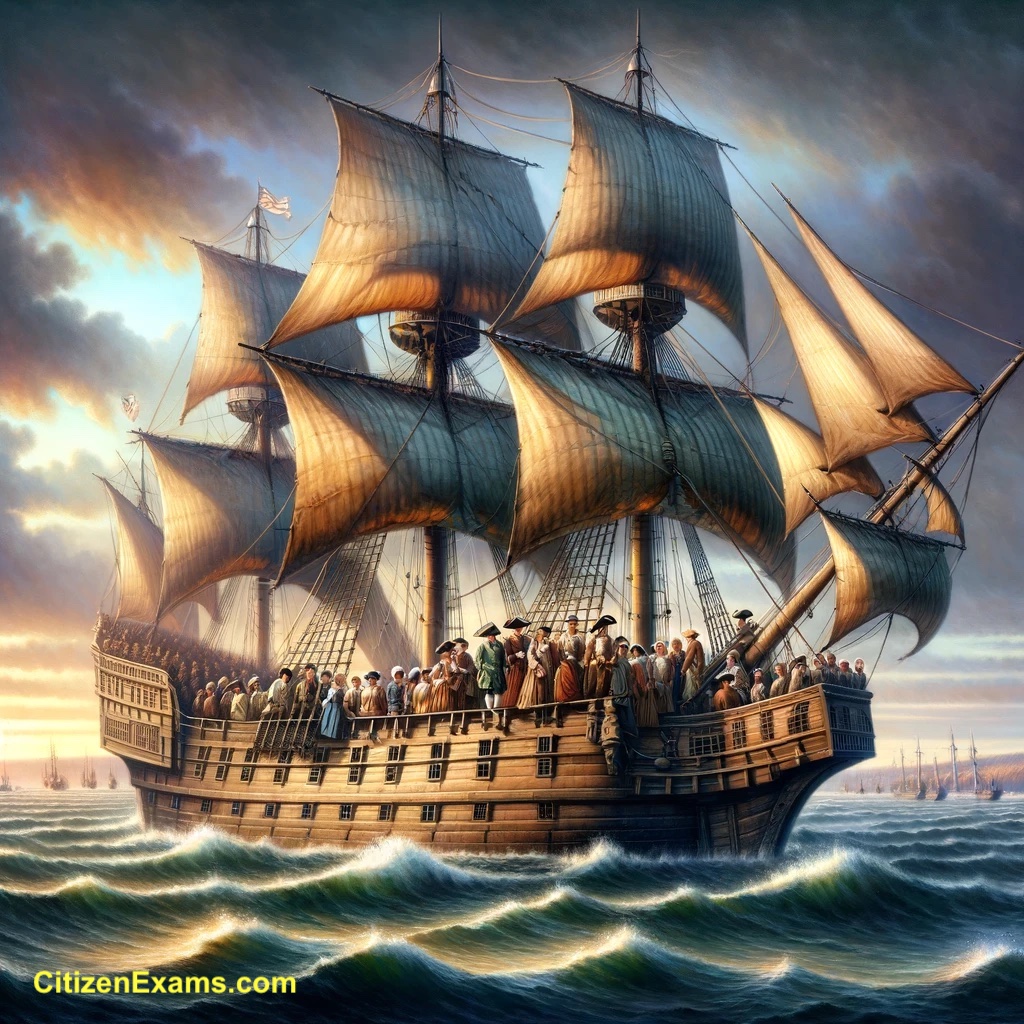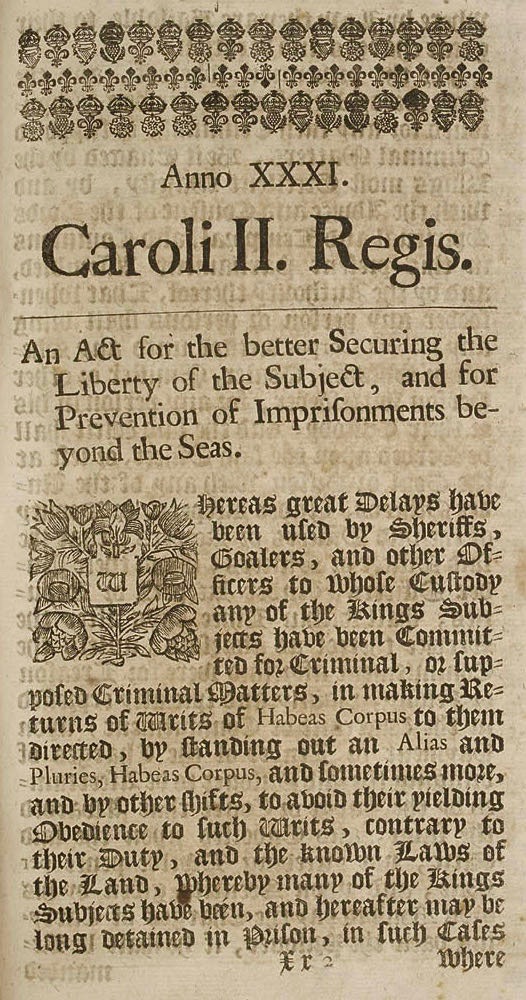What are the reasons colonists came to America?

Religious Freedom
- Pilgrims and the Mayflower Compact: The Pilgrims, seeking religious freedom, sailed aboard the Mayflower in 1620. Upon arrival, they drafted the Mayflower Compact , a pioneering document that established self-government based on majority rule. This agreement underlined their commitment to live in harmony and abide by laws of their own making, reflecting their desire for a society where they could practice their religion freely.
- Huguenots: French Protestants, known as Huguenots, fled France due to religious persecution following the Revocation of the Edict of Nantes in 1685. They sought refuge in various countries, including America, where they could practice their faith without fear of persecution. Their migration underscores the quest for religious liberty as a key motivator for settling in the New World.
Economic Opportunities
- Virginia Company and Jamestown: The Virginia Company , established to profit from the New World’s resources, founded Jamestown in 1607. It represents the economic motivations for colonization, focusing on wealth generation through the cultivation of tobacco and other cash crops. The promise of land and wealth attracted many English settlers, highlighting the allure of economic opportunities in America.
- Headright System: To encourage the influx of labor, the Virginia Company introduced the Headright System , which granted land to settlers and investors in the colony. This system incentivized immigration by offering a tangible economic opportunity: land ownership, which was out of reach for many in the crowded and stratified societies of Europe.
Adventure and Exploration
- Spanish Conquistadors: Driven by the desire for glory, gold, and the spread of Christianity, Spanish conquistadors explored vast regions of the Americas. Their expeditions led to the discovery and conquest of many territories, including the Aztec and Inca empires. This era of exploration was marked by a blend of brutal conquest and the sheer drive to explore unknown lands.
- French Voyageurs: French voyageurs , part of the fur trade in Canada, explored vast territories in North America. These adventurers navigated the waterways, trading furs with Indigenous peoples and mapping uncharted lands. Their journeys contributed to the expansion of New France and the economic exploitation of natural resources.
Political Freedom
- The establishment of colonial self-government, as seen in the Mayflower Compact , reflected not only a desire for religious freedom but also for political autonomy. Colonists sought to create communities where they could have a greater say in their governance, in contrast to the often autocratic rule experienced in Europe.
Social Mobility
- In the New World, European settlers encountered a society with more fluid social structures compared to the rigid class systems of their home countries. The availability of land and the demand for labor meant that individuals had the opportunity to amass wealth and improve their social standing through hard work and entrepreneurship, an opportunity that was significantly limited in Europe.

The oldest surviving reprinting of the Mayflower Compact